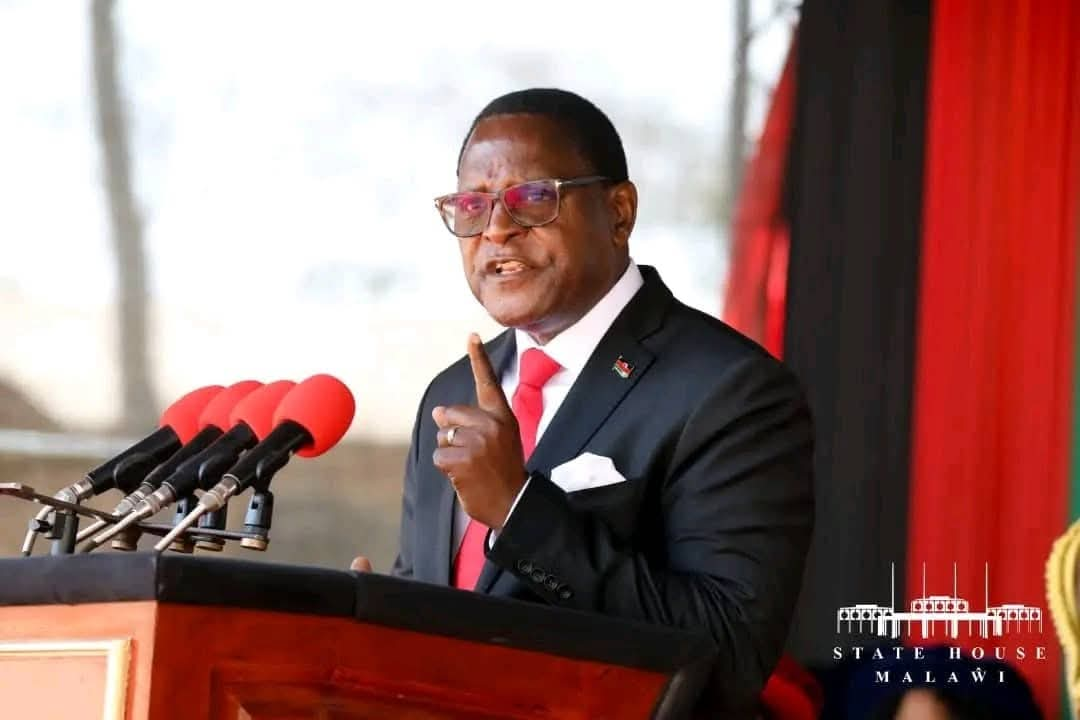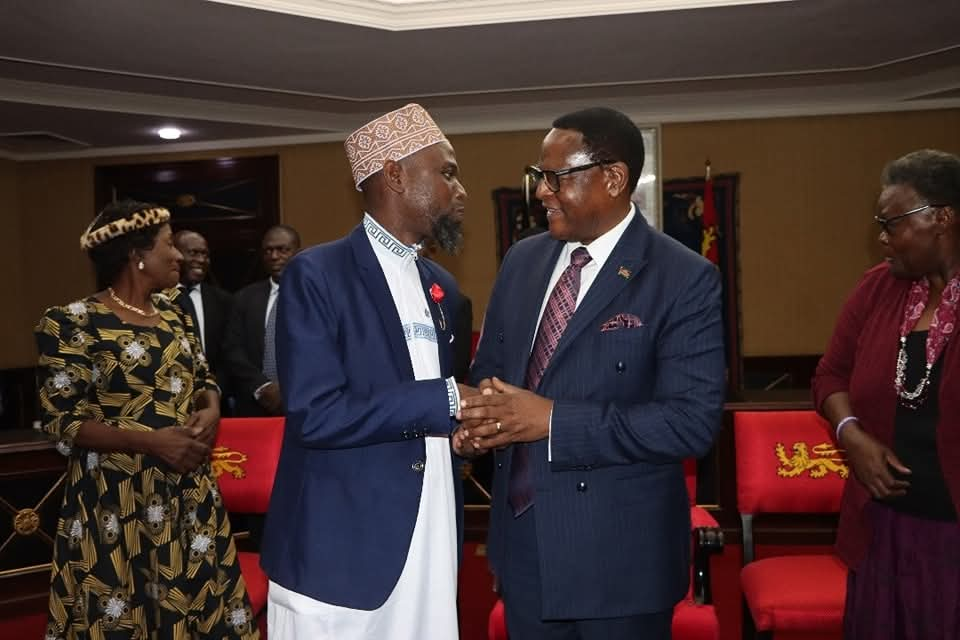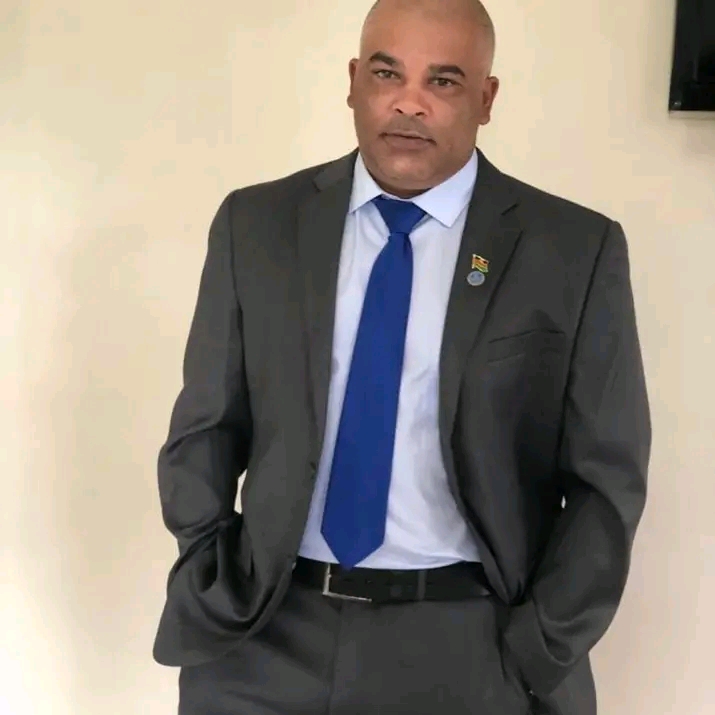By Suleman Chitera
A major human rights organization in Tanzania, Sauti ya Watanzania, has strongly rejected a proposal by the Commonwealth to appoint former Malawian president Dr. Lazarus Chakwera as mediator in the country’s escalating political standoff.
In a statement released this week, the group said Tanzanians “do not have confidence” in Dr. Chakwera, arguing that his tenure in Malawi was overshadowed by widespread corruption allegations, governance failures, and persistent internal conflicts. According to the organization, these controversies make him unsuitable to handle such a sensitive national crisis.
Calls for deeper investigations before mediation
Sauti ya Watanzania questioned why dialogue is being initiated before serious concerns surrounding recent violence are fully addressed. The organization is demanding a comprehensive investigation into the deadly clashes that erupted after the October 29 general election — clashes believed to have resulted in the death of more than 700 people and left many others tortured or injured.
Why Lazarus Chakwera Failed as President of Malawi
The protests broke out after widespread dissatisfaction with the election outcome, which declared incumbent president Samia Suluhu Hassan the winner. Human rights activists insist that accountability for the violence must come before any reconciliation talks.
Chakwera confirms Commonwealth appointment
Despite the backlash in Tanzania, Dr. Chakwera told Malawians last Monday that he had indeed been selected by the Commonwealth to facilitate political dialogue in Tanzania. He added that Malawi’s current president, Peter Mutharika, had officially endorsed the proposal.
Malawi: A Failed State Under Reverend Chakwera’s Leadership
Growing debate over mediation legitimacy
The rejection by Sauti ya Watanzania has sparked debate across the region, with some questioning whether the Commonwealth should reconsider its choice of mediator. Others argue that Tanzania urgently needs neutral facilitation to prevent further instability.
As pressure mounts, observers say the Tanzanian crisis — marked by contested election results, deadly protests, and governance concerns — is shaping up to be one of the most closely watched political issues in East Africa.




